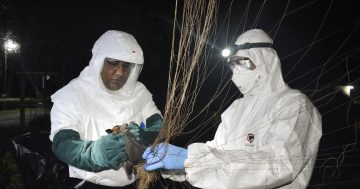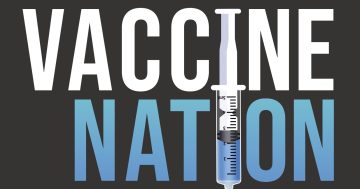 Queensland Health is adjusting its response to meet the evolving threat posed by COVID-19, as hospitals brace for a winter rise in respiratory illnesses.
Queensland Health is adjusting its response to meet the evolving threat posed by COVID-19, as hospitals brace for a winter rise in respiratory illnesses.
The Department has ended the COVID-19 traffic-light system, instead monitoring the virus as part of its broader surveillance of acute respiratory illnesses, like influenza and Respiratory Syncytial Virus (RSV).
The move is in response to evidence pointing to a decline in COVID-19 waves and the World Health Organisation’s declaration that the illness is no longer a public health emergency.
Chief Health Officer at Queensland Health, John Gerrard said COVID-19 continued to evolve, so it was important the State’s response evolved with it.
“While the virus remains very active in the community, we haven’t seen major surges in hospitalisations since December last year. Given this, a wide-scale COVID-19-specific traffic-light alert system is no longer appropriate or necessary,” Dr Gerrard said.
“The pandemic disrupted the normal seasonal pattern of other respiratory viruses worldwide, with our influenza season this year occurring about two months earlier than we would typically expect.”
He said more Queenslanders were in intensive care with influenza than with COVID-19 and he was concerned about the recent surge in influenza cases in adults and children.
“This new phase in the way we manage COVID-19 signals progress, but it’s crucial that Queenslanders remain aware that respiratory illnesses are still circulating,” Dr Gerrard said.
“I strongly advise people to protect themselves and others against all acute respiratory illnesses by getting vaccinated for the flu and, if eligible, COVID-19.”
Queenslanders still have access to comprehensive COVID-19 resources on the Queensland Health website.










